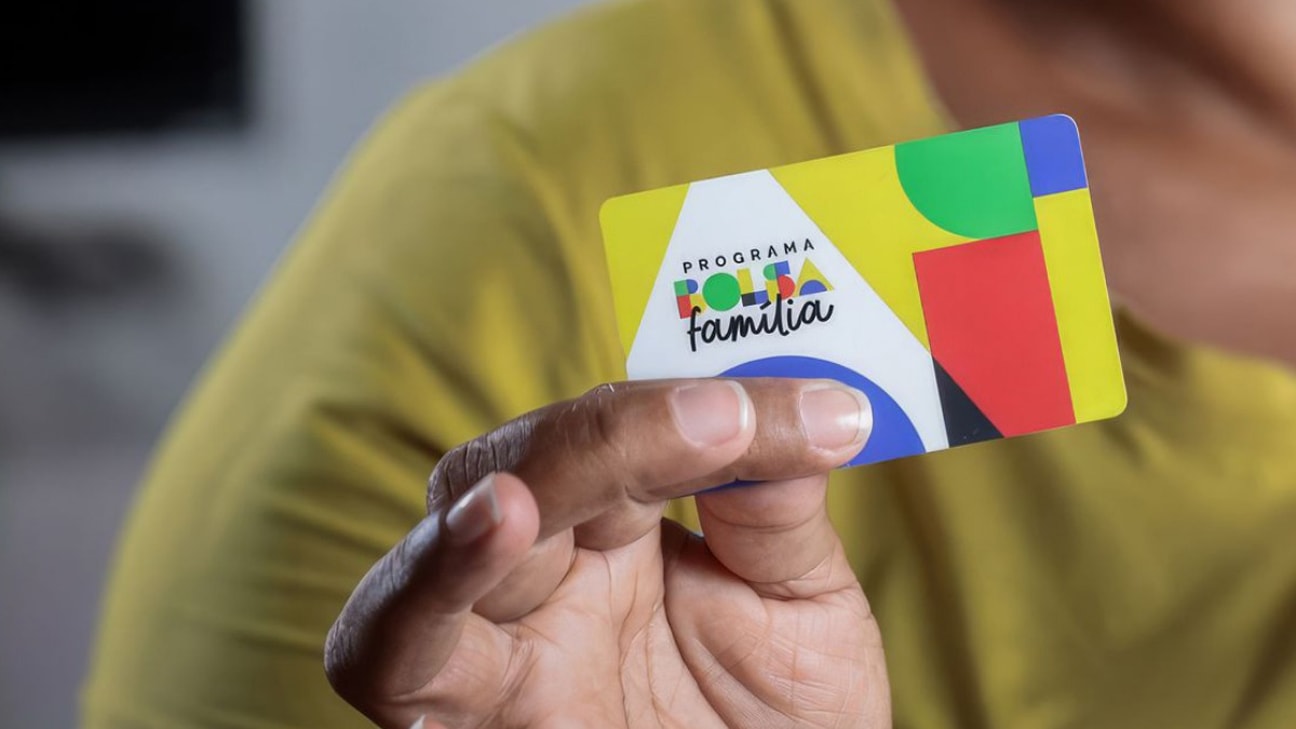Brazil’s largest cash transfer program, the Bolsa Família, is now 20 years old. The initiative was created on October 20, 2003, during President Lula’s first term in office. The plan combines a set of public policies and facilitates families’ access to basic rights, such as health, education, and welfare.
The first Bolsa Família payment benefited 1.15 million families; each received an average of BRL 73.67. In the month of October, 21.45 million families across all 5,570 Brazilian municipalities were registered to receive the assistance.
Payments are made after a schedule, beginning on the 18th of each month, and continuing until the 31st. The average paid was BRL 688.97 in October.
One of the goals of the Bolsa Família is to protect children and adolescents and give proportional assistance to different family compositions. In October, Lula’s Administration implemented an additional benefit for mothers of babies up to six months old. The additional payment corresponds to six installments of BRL 50, and aims to guarantee children’s food.
Requirements of the program
An updated guidelines include parameters designed during President Lula’s first government. The main one requires families to seek pre-natal care for their pregnant women and to monitor the nutritional status of children under seven. Families are also required to update their vaccination record with all vaccines stipulated in the Brazil’s national vaccination program. Beneficiaries must also ensure that children and adolescents attend school at a rate of 60 percent for children aged four to five and 75 percent for those aged six to 18 who have not completed basic education.
Source: Agência Brasil



